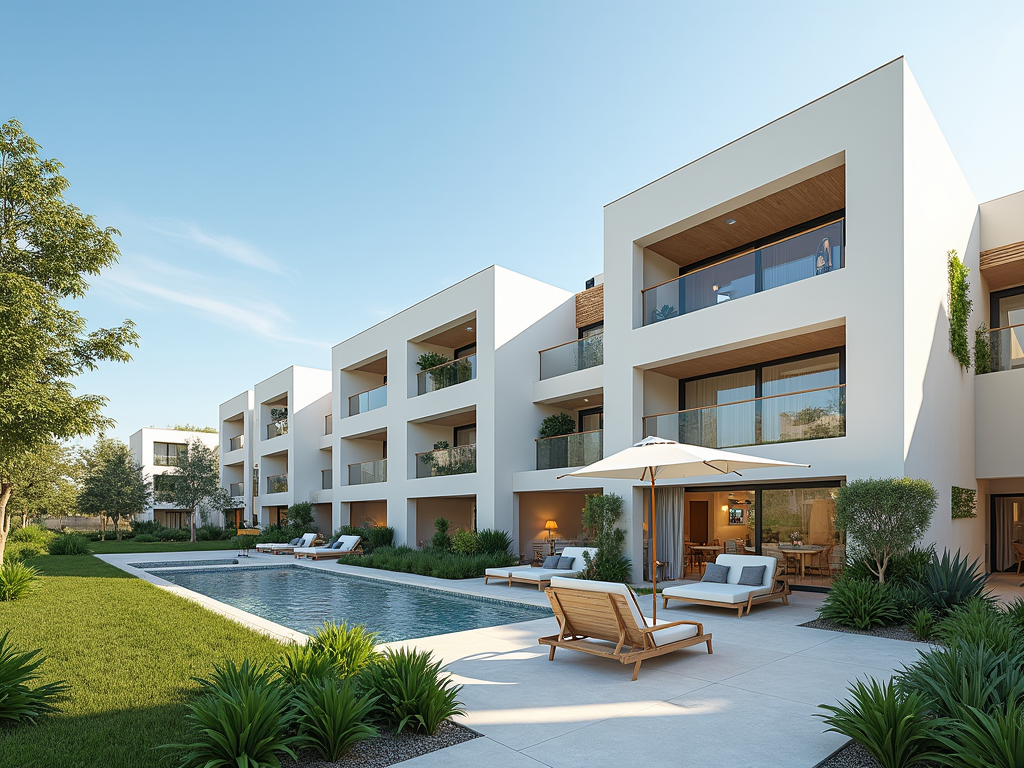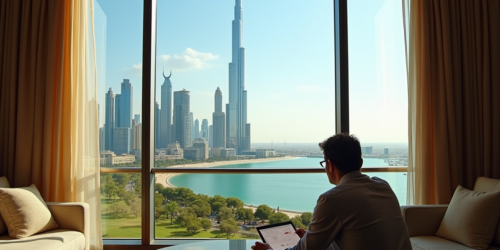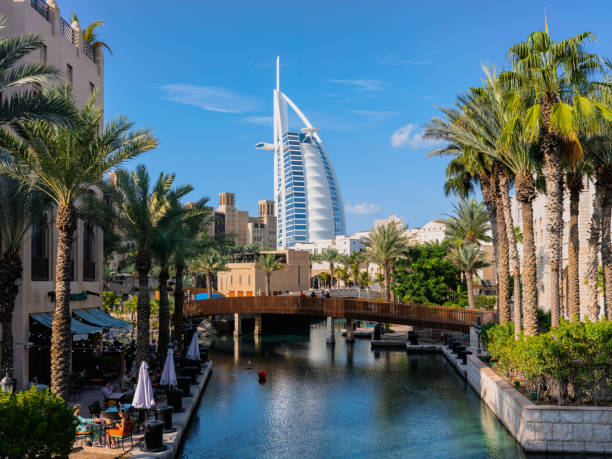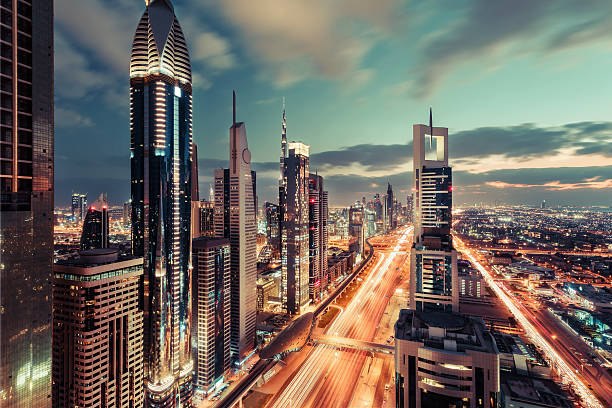How Dubai’s Changing Demographics Are Affecting the Housing Market
Dubai’s housing market is undergoing significant transformations, largely influenced by its shifting demographics. The influx of expatriates, coupled with local population growth, is reshaping demand and altering the dynamics of the real estate sector. This article explores how these demographic changes impact housing prices, types of housing demanded, and overall market trends.
Population Growth and Expatriate Influx

Dubai has long been known as a melting pot of cultures, and its population growth is primarily fueled by the influx of expatriates seeking employment opportunities. As more individuals relocate to Dubai for work, the demand for housing naturally rises, which in turn affects the pricing and availability of properties. The increasing population has several implications:
- Higher demand for rentals: A significant percentage of expatriates prefer to rent rather than buy, influencing the rental market positively.
- Need for diverse housing options: The varied demographics require a range of housing types, from luxury apartments to affordable shared accommodations.
- Pressure on infrastructure: The rapid population growth places pressure on public services and amenities, pushing the government to enhance urban planning and development.
- Shift towards family-oriented housing: As more families move to Dubai, there’s an emerging trend towards larger homes with family-friendly amenities.
Changing Preferences Among New Residents

The preferences of new residents significantly influence the housing market’s evolution. Young professionals and families alike are expressing more diverse lifestyle demands compared to previous generations. Factors such as sustainability, proximity to work, and social amenities are now pivotal in their housing choices. Here’s how these preferences are affecting the market:
- Increased demand for eco-friendly housing: Sustainable building practices and green spaces are becoming increasingly popular.
- Access to public transportation: Properties near metro stations and bus routes are gaining popularity due to convenience.
- Community living: There is a heightened interest in gated communities and developments with shared facilities.
- Cultural inclusivity: Developments that cater to diverse cultures and lifestyles are more appealing to the expatriate population.
The Effect of Economic Conditions
The economic landscape of Dubai also impacts how demographic shifts influence the housing market. Economic stability, job security, and global economic conditions play significant roles in shaping the behavior of both buyers and renters. Key economic factors include:
- Job market fluctuations: A robust job market attracts more expatriates, boosting housing demand.
- Impact of tourism: As a world-renowned tourist destination, fluctuations in tourism can affect short-term rental markets.
- Government incentives: Initiatives aimed at attracting foreign investments often lead to increased housing developments.
The housing market in Dubai is continually adjusting to align with demographic changes. Real estate developers and investors are adapting their strategies to meet the demands of the evolving population. Some noticeable trends include:
- Innovative housing solutions: Developments that offer flexible living arrangements, such as co-living spaces, are on the rise.
- Smart technology: Homes equipped with smart tech for convenience and efficiency are becoming increasingly desirable.
- Affordable housing projects: With the increasing population of workers, developers are focusing on creating affordable housing options.
Conclusion
In summary, Dubai’s changing demographics are having a profound effect on its housing market. As the city continues to attract new residents from diverse backgrounds, the demand for varied housing options is increasing. The preferences and economic conditions surrounding these residents will dictate the future landscape of real estate in Dubai, prompting necessary adjustments from developers and investors alike. Understanding these trends is vital for stakeholders looking to navigate this dynamic housing market successfully.
Frequently Asked Questions
1. How is the expatriate population affecting the rental market in Dubai?
The influx of expatriates leads to increased demand for rentals, which often drives up rental prices and encourages the development of more diverse rental properties to meet varying needs.
2. What types of housing are currently popular in Dubai?
Currently, there is a significant demand for affordable housing, eco-friendly homes, and properties that offer community living and easy access to public transportation.
3. Are family-friendly amenities influencing housing demand?
Yes, as the demographic shifts towards families, developers are increasingly focusing on creating larger homes with family-oriented amenities such as parks, schools and recreational centers.
4. How do economic conditions impact the housing market in Dubai?
Economic conditions, including job market stability and tourism trends, greatly influence the demand for housing. A strong economy attracts more expatriates, while fluctuations in tourism can affect short-term rental markets.
5. What market trends should investors be aware of in Dubai’s housing sector?
Investors should be aware of trends like the rise of innovative housing solutions, increasing popularity of smart homes, and the growing emphasis on affordability in new developments.





